Ballot drop box disinformation and the fight over voting in Wisconsin
A 2022 ruling by the state's high court that halted the use of drop boxes to collect absentee ballots did not have retroactive effects on previous elections despite the false claims made by those who deny the outcome of the 2020 presidential vote.
By Hannah Ritvo
January 22, 2024
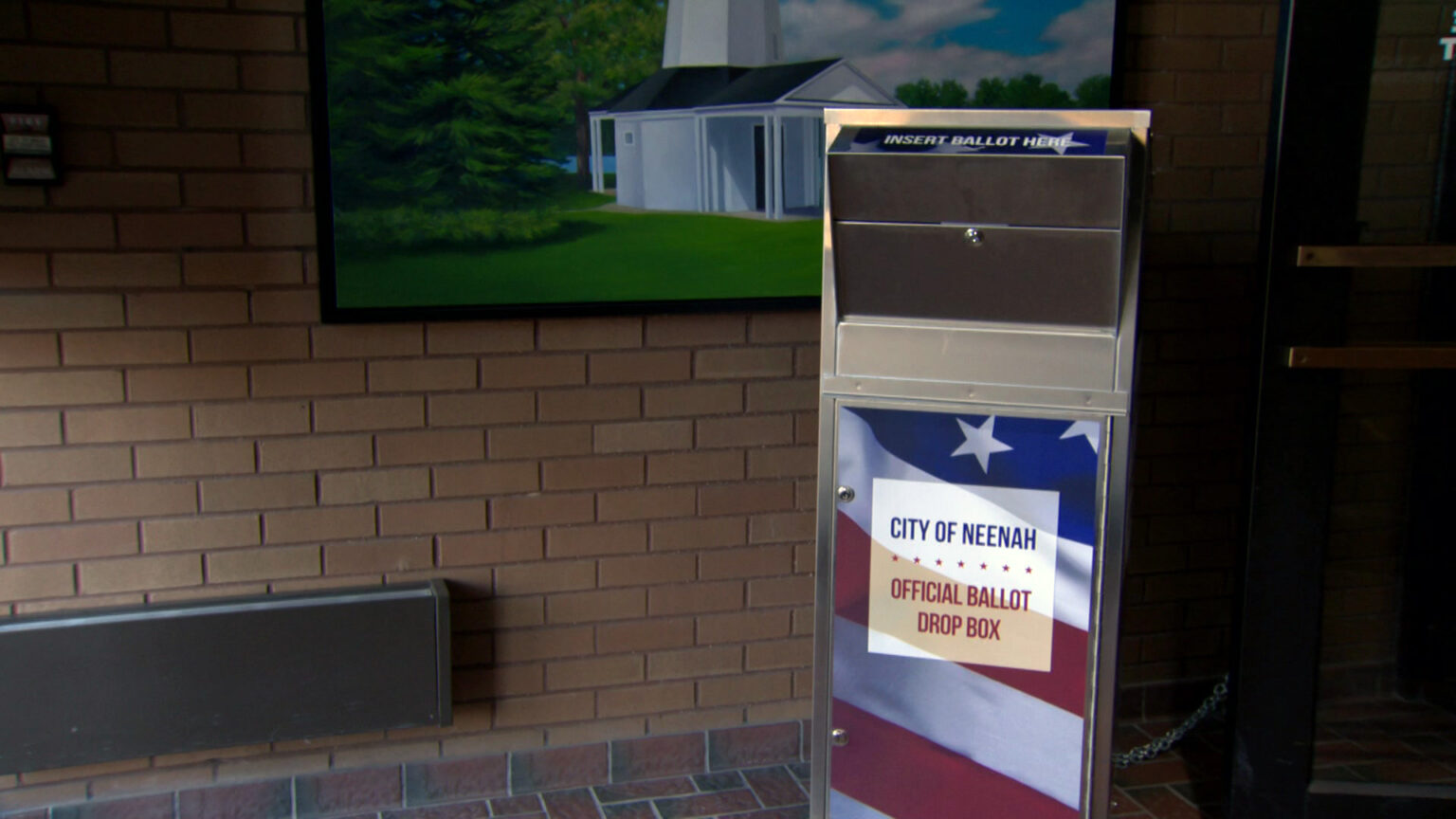
A ballot drop box stands in front of the entrance to the Neenah City Hall on Nov. 3, 2020. A 2022 Wisconsin Supreme Court decision banned the use of absentee ballot drop boxes in the state, which have since been a focus of election conspiracy theorists. (Credit: PBS Wisconsin)
One day after a Wisconsin Supreme Court ruling to ban ballot drop boxes in the state, former President Donald Trump pointed to the ruling on social media to cast doubt on one past election result.
“Other States are looking at, and studying, the amazing Wisconsin Supreme Court decision declaring Ballot Boxes ILLEGAL, and that decision includes the 2020 Presidential Election,” Trump posted on Truth Social, his social media platform.
Absentee ballot drop boxes had been used in Wisconsin for over a decade.
The number of these boxes deployed across the state peaked in 2020, when they were used to minimize exposure of voters to COVID-19 at polling places.
The bipartisan appointees to the Wisconsin Elections Commission, or WEC, issued guidance to local election clerks during the pandemic to deploy more drop boxes while ensuring they were securely locked, regularly emptied and monitored for security purposes.
Altogether, there were at least 528 drop boxes in use during the 2020 election, in 66 of Wisconsin’s 72 counties. A statewide increase in absentee voting followed a national trend, with more than 40% of all voters across the United States casting absentee ballots that year.
Although ballot drop boxes were authorized by the bipartisan elections administration and had been deployed in previous elections, including in 2016, Republican supporters of then-President Donald Trump objected to their use four years later. After President Joe Biden narrowly defeated Trump in the 2020 election, they sought to ban them in Wisconsin.
Wisconsin’s ban on drop boxes
In July of 2021, the conservative law firm Wisconsin Institute for Law & Liberty, or WILL, filed a lawsuit in Waukesha County Circuit Court challenging the legal status of ballot drop boxes.
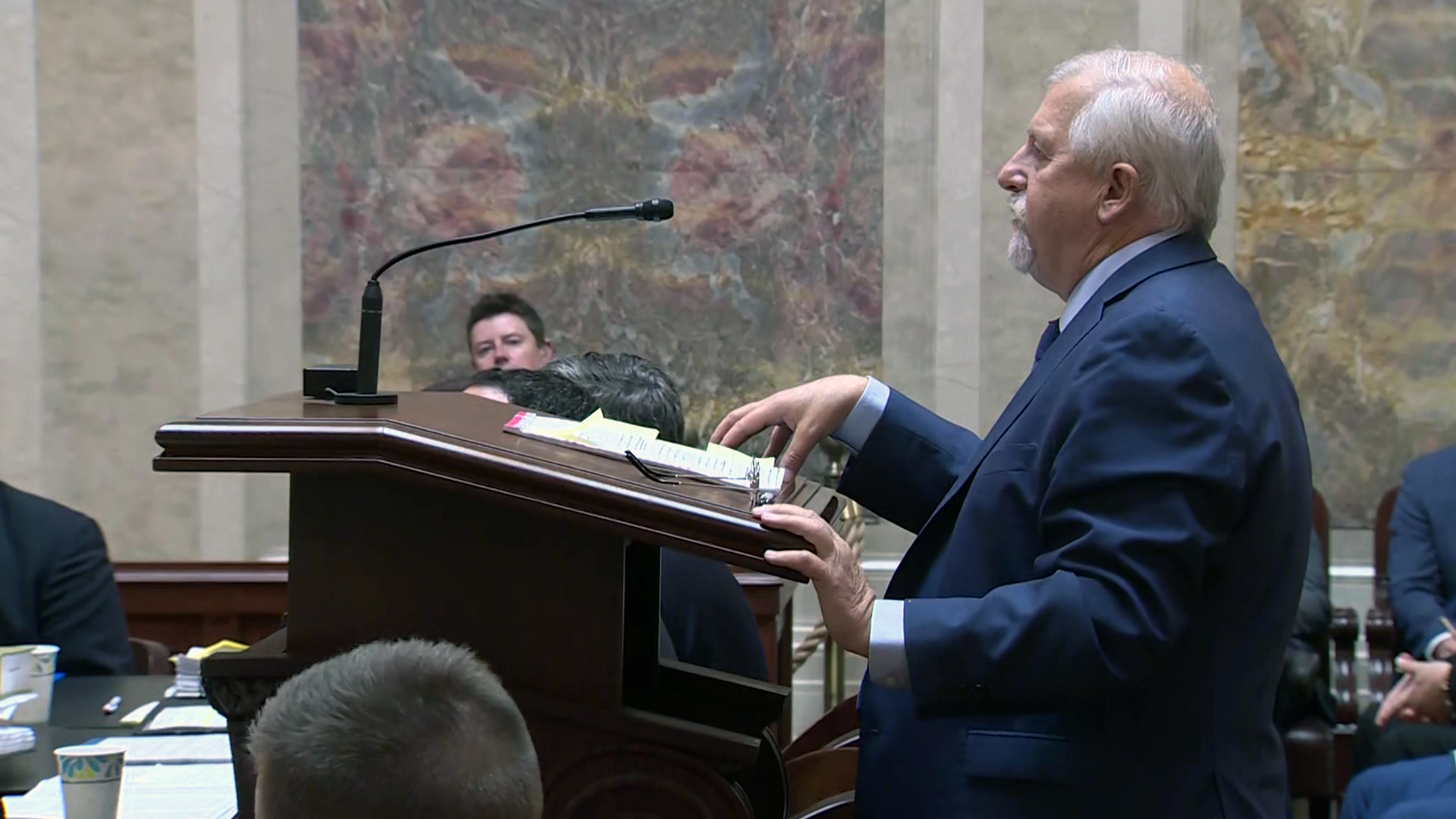
Wisconsin Institute for Law & Liberty founder and President Rick Esenberg delivers oral arguments in “Teigen v. Wisconsin Elections Commission” at the Wisconsin Supreme Court on April 14, 2022. (Credit: PBS Wisconsin)
WILL argued that because such drop boxes are not defined in state law, they are not allowed for use in elections.
“We sued to require the WEC to follow the law as we understood,” said Luke Berg, a deputy counsel with WILL.
In January 2022, WILL asked the Wisconsin Supreme Court to hear the case. A 4-3 conservative majority on the high court issued their ruling by July, finding in Teigen v. Wisconsin Elections Commission that absentee ballots must be returned by mail or personally delivered by voters to the municipal clerk at the clerk’s office or a designated alternate site. The court also ruled that only voters can return their own ballots in person, and cannot drop off the ballots of others.
Voting rights advocates and disability groups condemned the ruling, claiming it disenfranchises voters. In different states, Republican lawmakers have been challenging the use of drop boxes and limiting options for voters to cast absentee ballots over the past several years. Many voting rights activists criticize these actions as part of a broader effort by Republicans to limit turnout by people with disabilities and in lower income areas.
“The prohibition on absentee ballot return assistance will make it difficult if not impossible for many disabled and elderly Wisconsin voters to return their ballots in the manner they have used for years,” stated Disability Rights Wisconsin in a report issued after the 2022 ruling.
Republican opponents, on the other hand, say prohibitions on drop boxes are intended to make voting more secure. The Republican Party of Wisconsin celebrated the ruling as a victory for election integrity.
Disinformation follows ruling
Wisconsin Supreme Court Justices Ann Walsh Bradley, Rebecca Dallet and Jill Karofsky dissented against the ban on drop boxes. Bradley denounced the majority’s decision, saying it would make voting more difficult while simultaneously feeding election conspiracy theories.
“The majority/lead opinion blithely and erroneously seeks to sow distrust in the administration of our elections and through its faulty analysis erects yet another barrier for voters to exercise this ‘sacred right,’ Bradley wrote. “Such a result, although lamentable, is not a surprise from this court. It has seemingly taken the opportunity to make it harder to vote or to inject confusion into the process whenever it has been presented with the opportunity.”
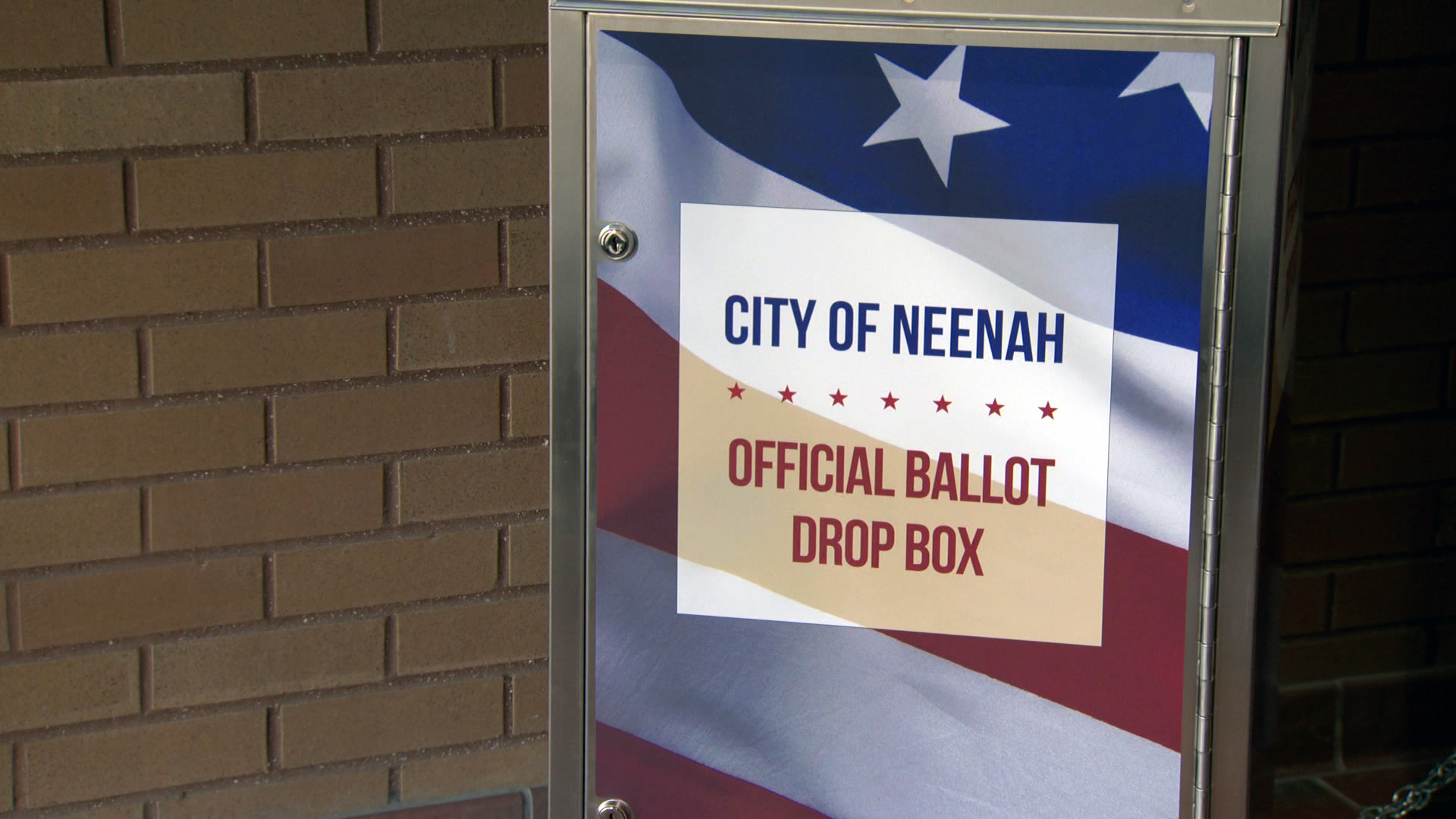
A ballot drop box stands in front of the entrance to the Neenah City Hall on Nov. 3, 2020. (Credit: PBS Wisconsin)
As predicted by the three justices, supporters of Trump who deny the outcome of the 2020 election have been citing the ruling ever since. A PBS Wisconsin article about the decision continues to be erroneously cited on social media by election conspiracists.
The 2022 Wisconsin Supreme Court decision does not apply retroactively for any elections where drop boxes were used, including the 2016 election and the 2020 election.
Robert Yablon, a professor at the University of Wisconsin Law School and co-director of the State Democracy Research Initiative, said it’s important to understand the court’s decision was not retroactive.
“Everyone who was actually involved in the litigation understood that it was only seeking prospective relief, a forward looking declaration about the legitimacy of the guidance that the Wisconsin Elections Commission has offered,” he said.
The plaintiffs in the lawsuit challenging the use of drop boxes understand this legal standard. WILL lawyer Berg said the count — and result — of the 2020 election in Wisconsin was not impacted by the ruling because voters cast their ballot relying on guidance from the WEC.
“There’s a lot of reasons why it would be an inappropriate remedy to invalidate votes that were cast in reliance on what at the time the Wisconsin Elections Commission was telling voters,” Berg said. “There was nothing in the case about votes from prior elections.”
The chairperson of the WEC, a Republican appointee, has confirmed that it issued guidance to local election clerks to increase the number of ballot drop boxes around the state during the 2020 election cycle.
“The election commission, [in a] unanimous bipartisan vote, approved the unstaffed drop boxes,” said Wisconsin Elections Commission chair Don Millis in a Nov. 10, 2023 interview on Here & Now about an effort to remove the agency’s administrator.
Yablon said those who misunderstand the ruling and spread disinformation about its scope have inflamed uncertainty about the results of the 2020 election.
“They misinterpreted the decision and put those misinterpretations out there for the public,” said Yablon. “I think some of those folks in the aftermath of the decision gave oxygen to what was just a misunderstanding of what the Wisconsin Supreme Court decided.”
The future of ballot drop boxes
Partisan opposition to ballot drop boxes is a phenomenon fueled by Donald Trump, said Barry Burden, a UW-Madison political science professor and director of the Elections Research Center.
Four years later, Trump continues to claim — without factual basis — that the 2020 election was stolen. On Jan. 2, 2024, Trump shared a 32-page document full of allegations of election fraud in swing states on Truth Social. Its “Wisconsin” section points to the Wisconsin Supreme Court ballot drop box decision.
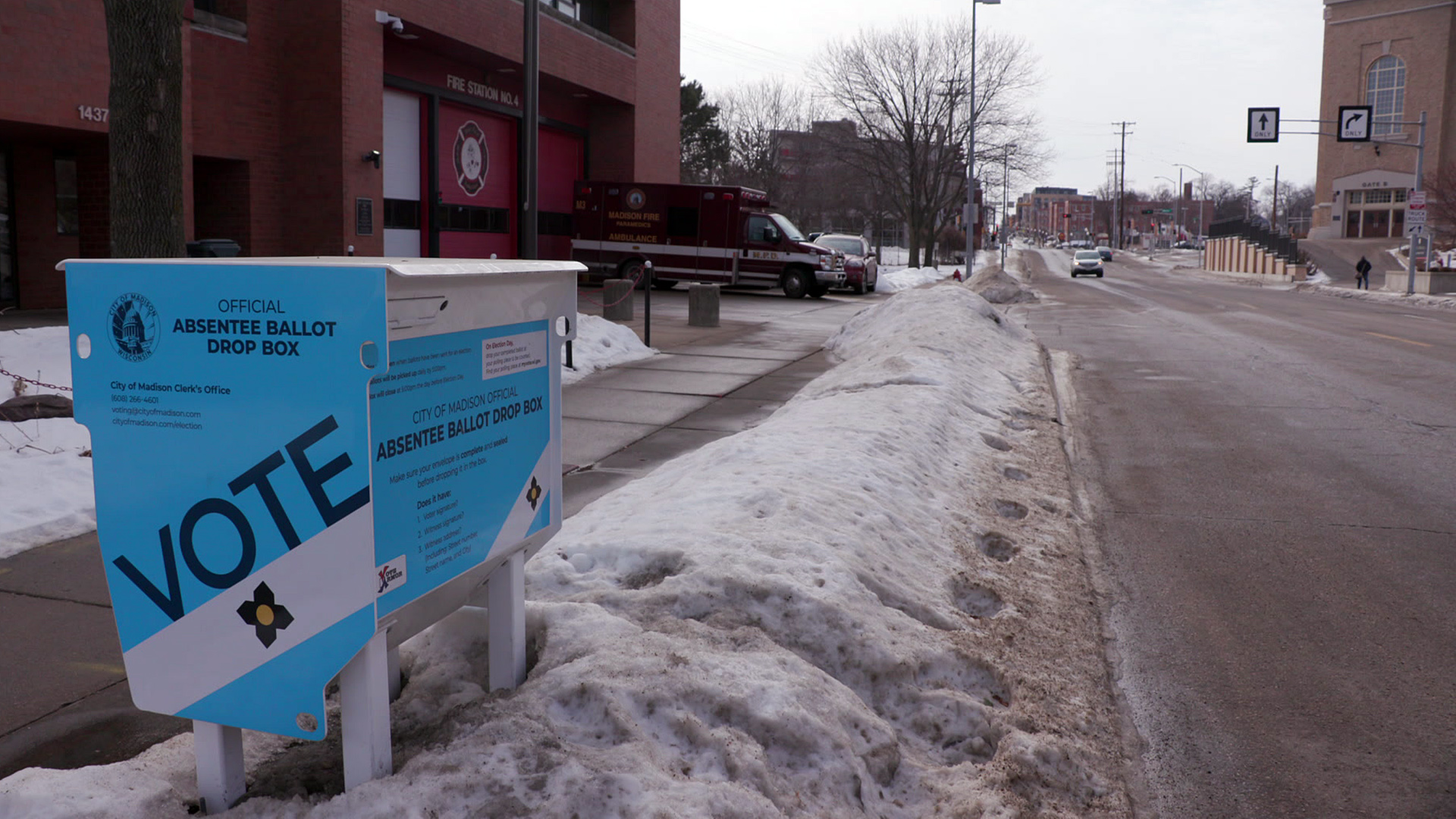
A ballot drop box stands in front of a fire station on the UW-Madison campus in Madison on Feb. 1, 2022. (Credit: PBS Wisconsin)
As political fights over drop boxes continue nationwide, it’s possible Wisconsin’s drop box ban and related voter access issues could be revisited before the 2024 election.
The Teigen v. Wisconsin Elections Commission decision did not address protections for voters with disabilities, and after the ruling there were concerns these voters wouldn’t be able to get the help they needed turning in ballots.
One federal court has already confirmed the right of voters with disabilities to cast their ballots with assistance. A complaint filed in July 2022, called Carey v. Wisconsin Elections Commission, sought and obtained an order under federal law that allows these voters to get help submitting absentee ballots.
A year later, Priorities USA, the Wisconsin Alliance for Retired Americans and a Wisconsin voter filed a lawsuit challenging three separate provisions they say place unnecessary restrictions on casting absentee ballots.
The July 2023 lawsuit seeks to overturn Wisconsin’s prohibition on ballot drop boxes, the absentee ballot witness requirement and the election day deadline for voters to cure absentee ballots.
The plaintiffs claim drop boxes are a secure, accessible and efficient method of delivering absentee ballots to a municipal clerk. They say that drop boxes are often used by voters who are unable to vote in person — due to disability, scheduling conflicts, lack of transportation or other hardships — and emphasize that prohibiting drop boxes burdens the right to vote and disenfranchises voters.
As for WILL, Berg noted the law firm is not necessarily opposed to the use of drop boxes in the future, but says their use must first be authorized by the Legislature.
In the meantime, the Wisconsin Supreme Court decision banning drop boxes continues to be used to fuel suspicions about the results of the 2020 vote for president.
“Whether the court intended this or not, the decision is being used by some election deniers and skeptics to really continue their assault on the 2020 election,” said Burden.
Editor’s note: This article has been updated to note a federal court order in Carey v. Wisconsin Elections Commission confirms the right of voters with disabilities to cast absentee ballots with assistance.
 Passport
Passport




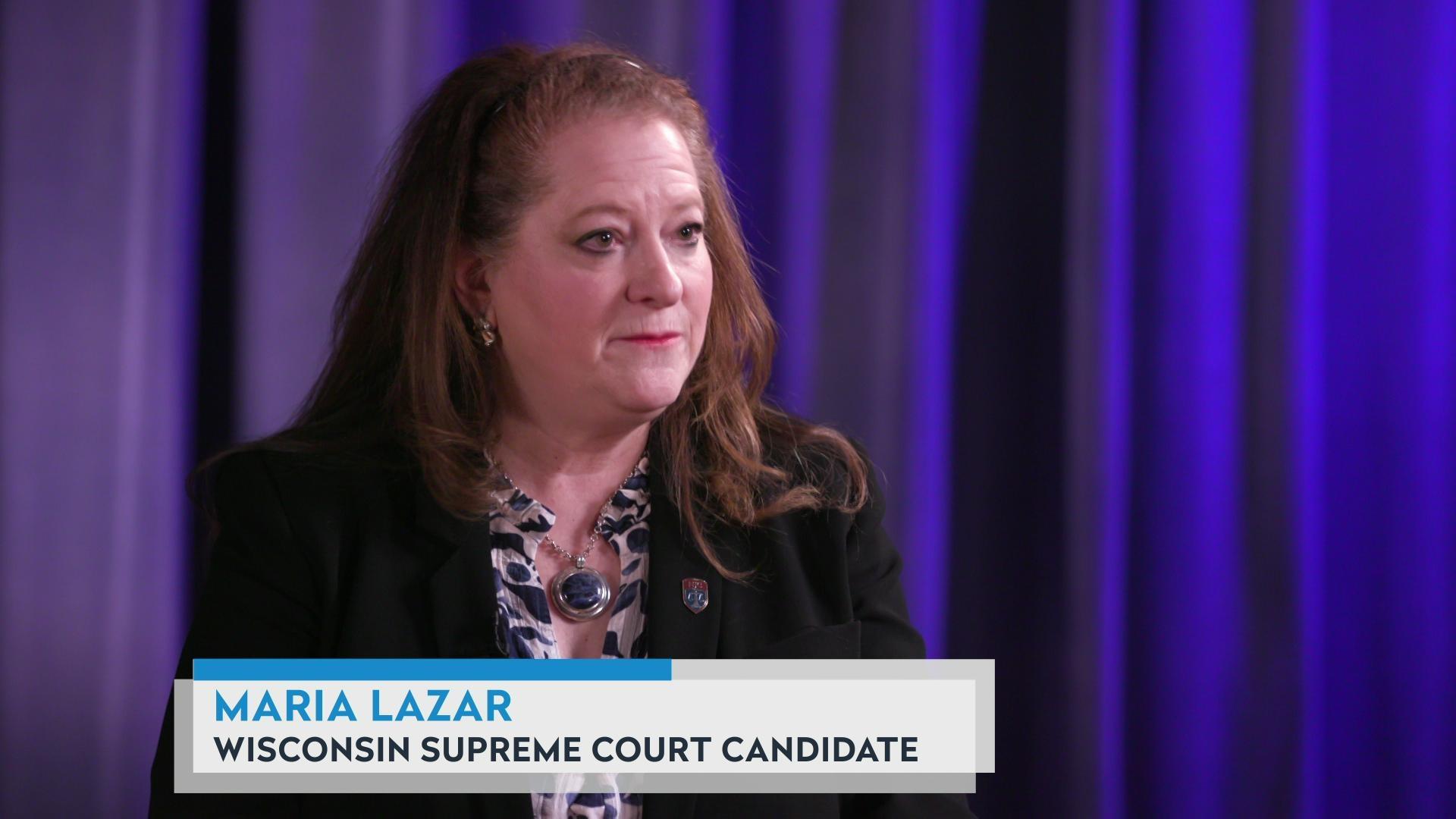

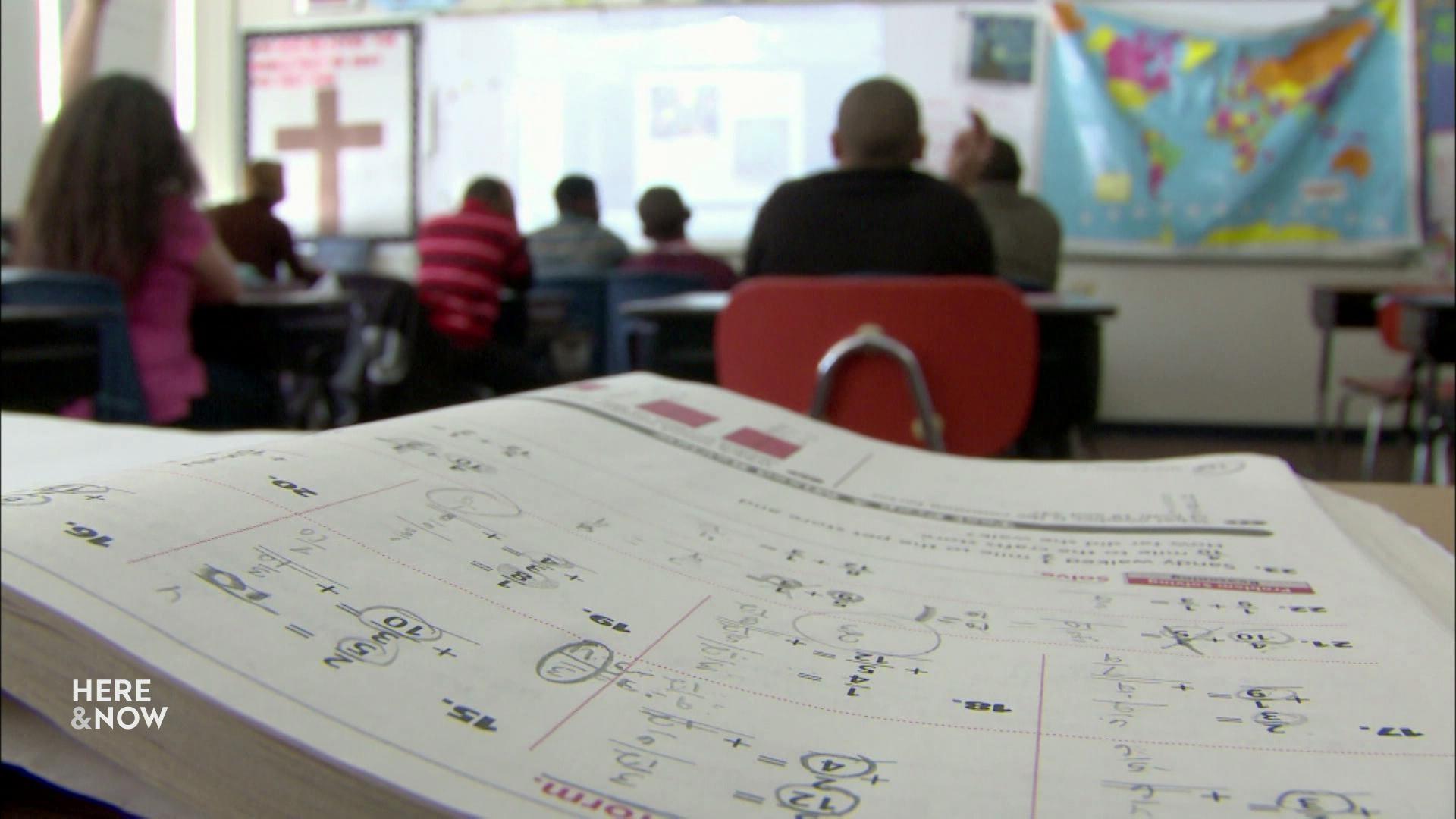
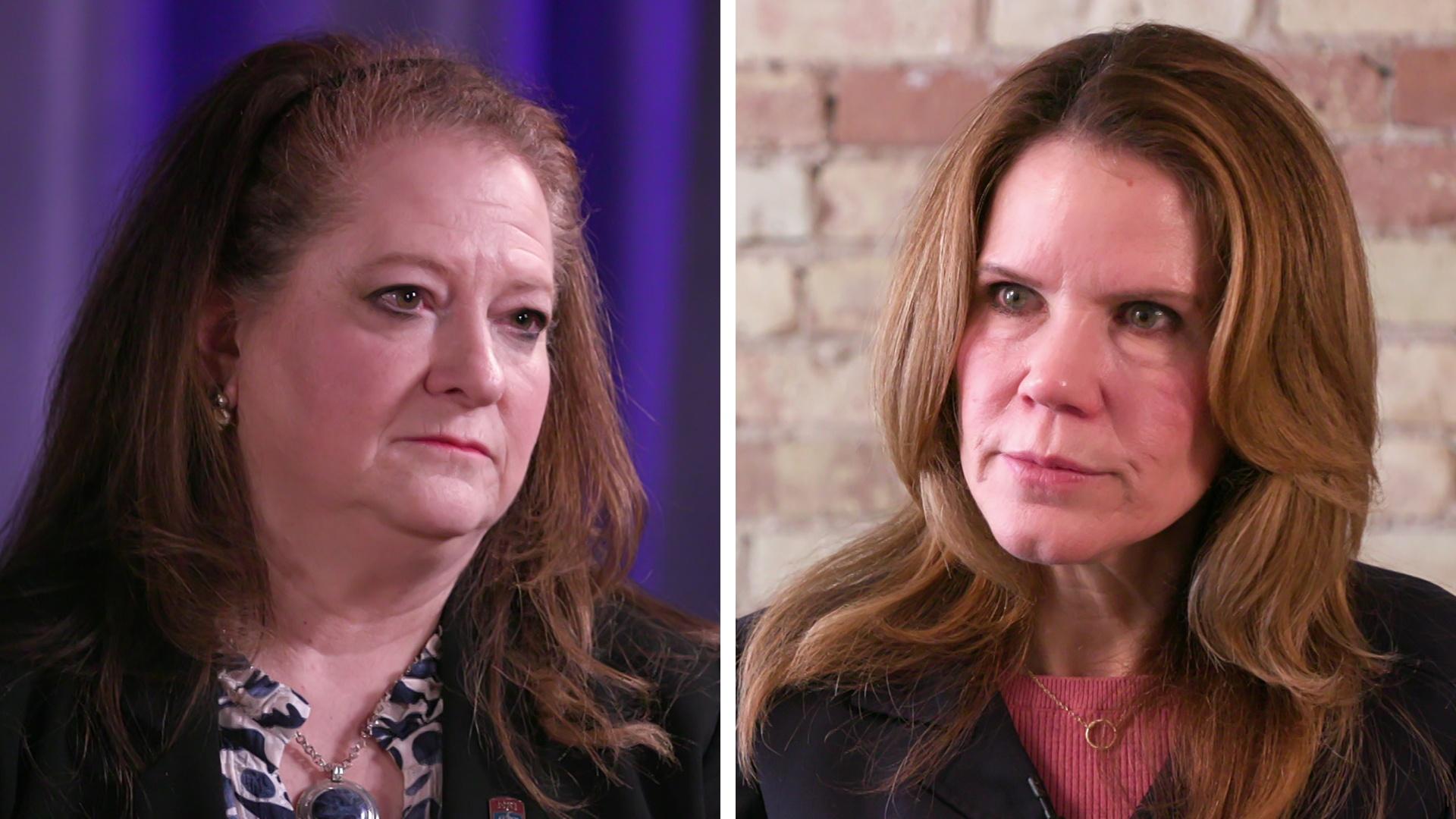

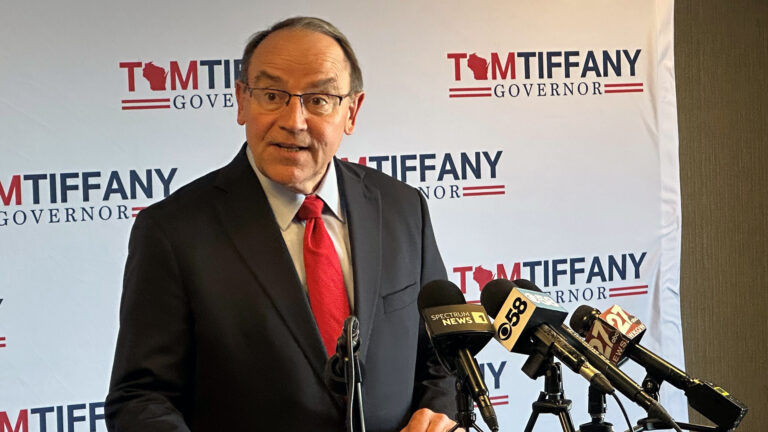

Follow Us